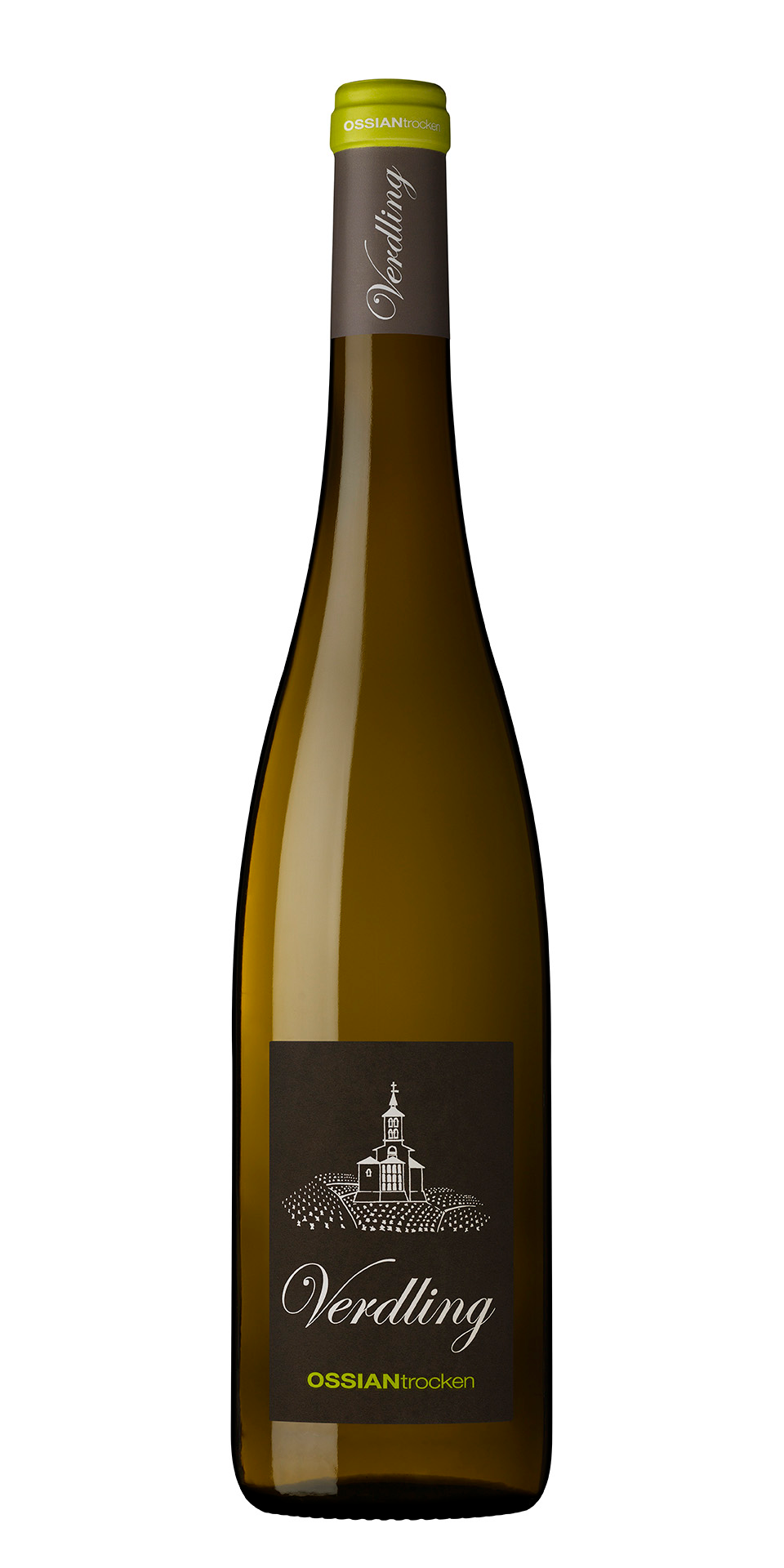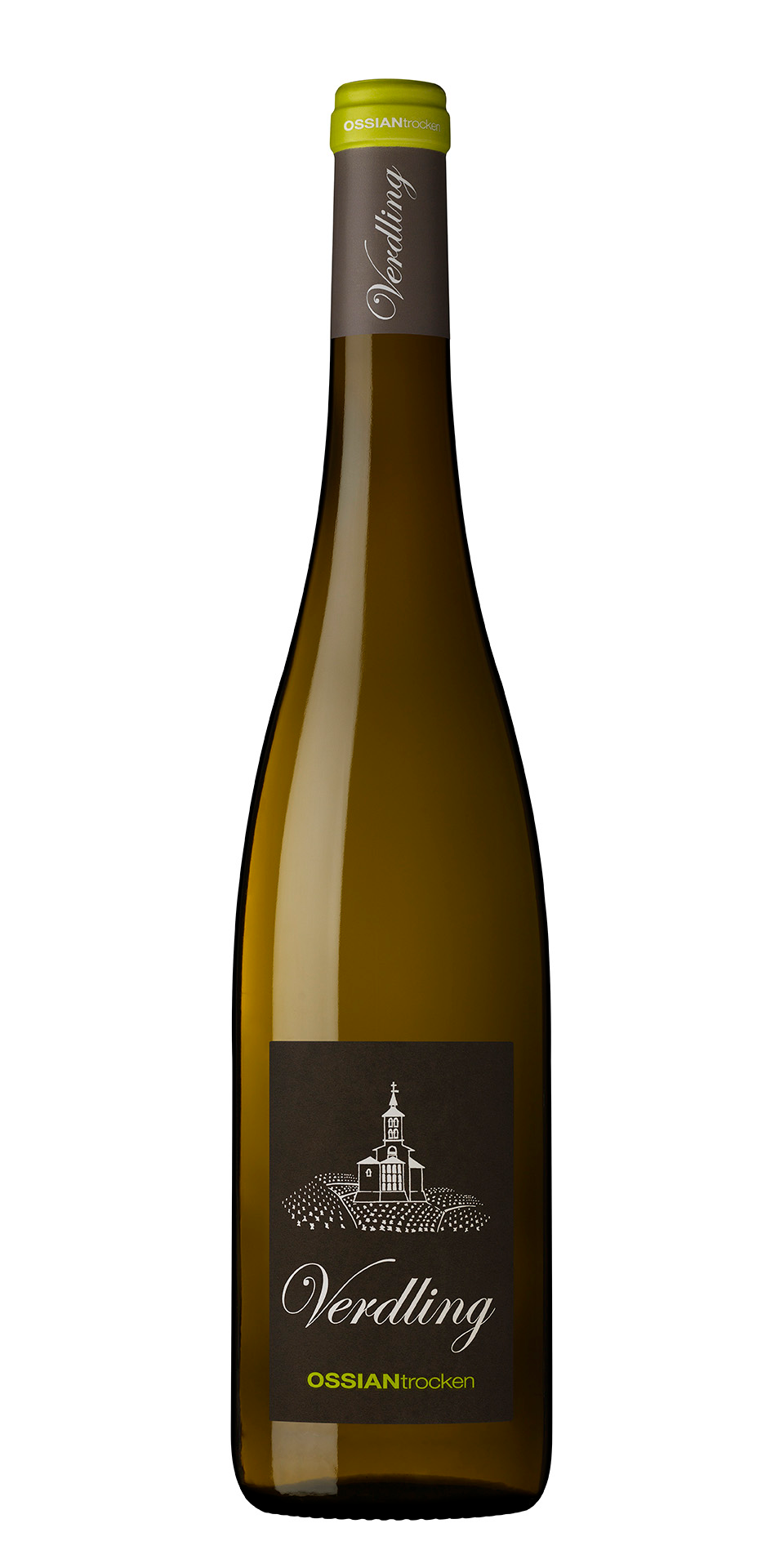Verdling Trocken 2016
Verdling Trocken 2016 displays a fresh and tasty character. The Verdejo variety provides distinctive vegetal notes the make it very pleasant and reinforce its more intense aspect. Additionally, the high natural acidity of the wines appear very balanced with the rest of the characteristics. This is precisely what we like to highlight most about Verdling Trocken: the feeling of harmony, of a well integrated set of virtues. And, of course, its affinity with a particular origin: the old vineyards of Nieva. It is revealing to see how a Rheinhessen white-style elaboration, applied to our Verdejo, results in a lively wine with a character that seems to be polished by stone, cold and wind.

Verdling Trocken
Riesling style Verdejo soul



